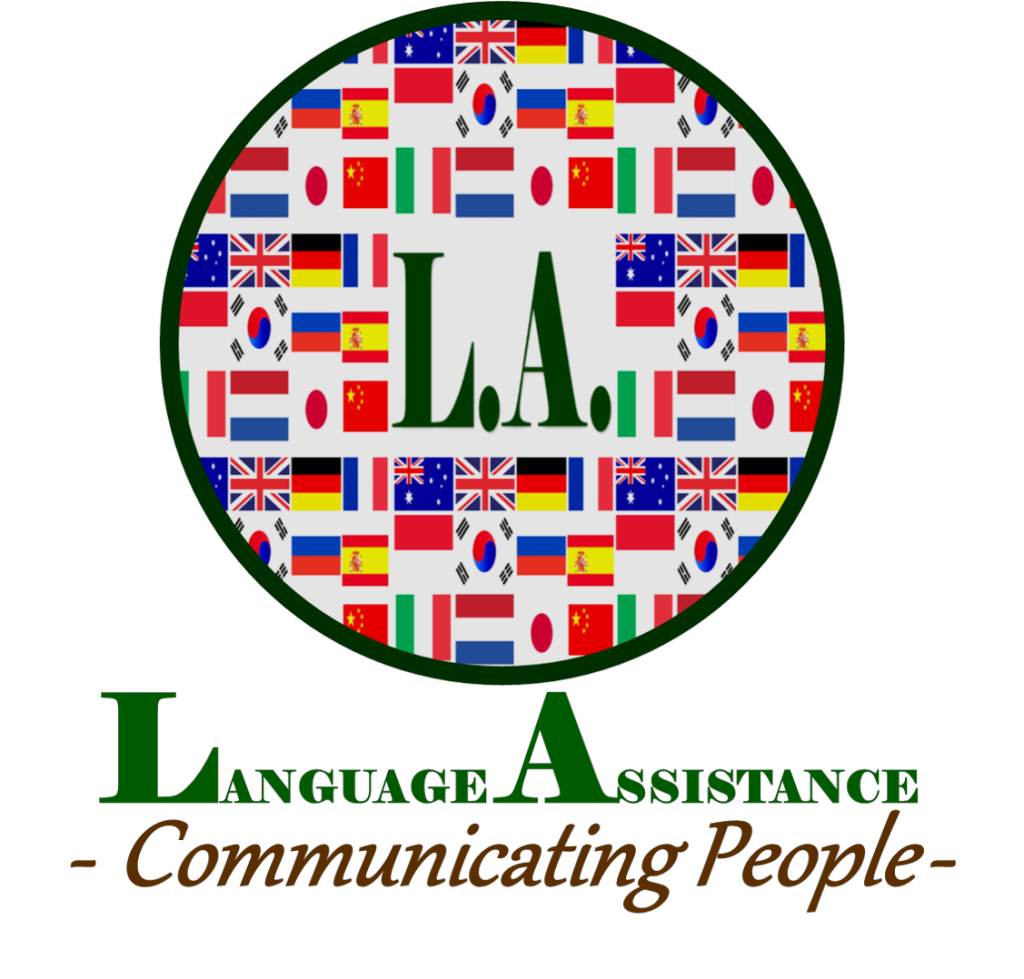Aims & Scope
Aims and Scope of the Bali Journal of Hospitality, Tourism and Culture Research (BJHTCR)
The Bali Journal of Hospitality, Tourism and Culture Research (BJHTCR) is an interdisciplinary platform dedicated to advancing scholarly research in the fields of hospitality, tourism, and cultural studies. The journal seeks to foster critical discussions on emerging trends, challenges, and innovations shaping the global tourism and hospitality industry. The journal welcomes high-quality contributions from academics, researchers, and industry practitioners that provide theoretical insights, empirical findings, and policy recommendations. BJHTCR covers a broad spectrum of topics, including but not limited to:
Hotel Studies
This topic encompasses a comprehensive examination of hotel operations, guest services, and industry trends. Research in this area focuses on the efficiency and effectiveness of front office management, housekeeping operations, revenue management, customer satisfaction, and emerging technologies shaping hotel services. Additionally, it explores workforce challenges, guest loyalty programmes, and evolving consumer expectations in the hotel industry.
Hotel Management
This topic delves into the strategic management and operational leadership of hotels, encompassing human resource management, financial planning, service excellence, and quality assurance. It includes studies on leadership styles, managerial decision-making, employee engagement, and financial performance analysis. Research in this field also addresses crisis management, sustainability in hotel operations, and innovation-driven hospitality business models.
Restaurant Studies
This topic explores food and beverage operations, focusing on service quality, culinary innovations, menu engineering, and customer experience. It examines restaurant management strategies, dining behaviour, food safety standards, and gastronomic tourism. Additionally, this field includes discussions on the impact of cultural influences on cuisine, ethical sourcing of ingredients, and the role of technology in restaurant operations.
Tourism Destination Management
This topic covers strategic planning, policy implementation, and operational management of tourism destinations to maximise visitor satisfaction and socio-economic benefits. It includes studies on carrying capacity, visitor flow management, sustainable tourism policies, and the role of public-private partnerships in tourism development. Research also explores crisis management in tourism destinations and the impact of global issues such as climate change and overtourism.
Tourism Destination Marketing
This topic examines the strategies and tactics employed to promote tourism destinations effectively. Research in this field includes destination branding, digital marketing strategies, influencer marketing, and experiential marketing campaigns. It also explores how destinations position themselves in competitive global tourism markets, consumer decision-making processes, and the role of storytelling in destination promotion.
Sustainable Tourism
This topic investigates tourism practices that balance economic growth, environmental conservation, and socio-cultural sustainability. It includes discussions on responsible tourism, carbon footprint reduction in tourism, waste management, and local community empowerment. Research also explores sustainable tourism certification schemes, ecotourism initiatives, and the role of government policies in fostering responsible tourism development.
Alternative Tourism
This topic examines non-traditional tourism forms such as ecotourism, agritourism, adventure tourism, spiritual tourism, and wellness tourism. It explores how niche tourism markets cater to unique traveller motivations, promote authentic cultural experiences, and contribute to rural development. Research also investigates the role of alternative tourism in diversifying tourism offerings and reducing the negative effects of mass tourism.
Cultural Studies
This topic provides a critical analysis of cultural expressions, including language, performing and visual arts, literature, traditional craftsmanship, agriculture, and religious practices. Research explores how cultural heritage is preserved, transmitted, and adapted in contemporary societies. It also examines the impact of globalisation on cultural identity and the role of tourism in cultural commodification.
Tourism and Culture
This topic explores the complex interplay between tourism activities and cultural expressions. It analyses how tourism influences cultural preservation, identity formation, and heritage interpretation. Research in this area also addresses cultural adaptation in hospitality services, community-based cultural tourism, and the role of tourists as cultural intermediaries.
Tourism Policy
This topic examines the legal and regulatory frameworks governing tourism development and management. It includes discussions on tourism governance, stakeholder collaboration, policy formulation, and enforcement mechanisms. Research also explores the impact of international tourism policies, visa regulations, and ethical considerations in tourism development.
Heritage Tourism
This topic focuses on travel experiences related to historical sites, monuments, museums, and cultural landscapes. It examines how heritage tourism contributes to cultural preservation, economic development, and education. Research also explores challenges such as heritage site conservation, responsible visitor behaviour, and the use of digital technologies in heritage interpretation.
Religious Tourism
This topic investigates travel motivated by religious beliefs, spiritual fulfillment, or participation in faith-based events. It includes studies on pilgrimage routes, sacred tourism sites, religious festivals, and the economic and cultural impacts of religious tourism. Research also explores how destinations manage religious tourism while maintaining respect for spiritual traditions and local communities.
Pilgrimage Tourism
This topic specifically focuses on visits to sacred destinations for spiritual purposes, rituals, or religious obligations. Research examines the motivations of pilgrims, the role of religious institutions in tourism development, pilgrimage infrastructure, and the intersection of faith and travel. Studies may also explore contemporary transformations in pilgrimage experiences, including virtual pilgrimages and sustainable pilgrimage practices.
Tourist Behaviour
This topic analyses tourist motivations, preferences, decision-making processes, and travel patterns. It explores psychological, social, and cultural influences on tourist choices, as well as factors affecting destination loyalty, travel spending, and repeat visitation. Research also investigates the impact of digital reviews, social media, and personalised tourism experiences on tourist behaviour.
Tourism Branding and Destination Image
This topic examines how tourism destinations create and maintain a distinctive brand identity to attract visitors. It explores brand positioning strategies, destination image perception, and the role of cultural heritage in branding. Research also addresses challenges such as negative media coverage, rebranding strategies after crises, and the effectiveness of marketing campaigns in shaping public perceptions of a destination.
Tourism, Digitalisation, and Innovation
This topic explores the transformative role of digital technologies in shaping the tourism industry. It covers the adoption of artificial intelligence, virtual reality, augmented reality, big data analytics, and mobile applications in tourism experiences. Research in this field also examines the integration of smart tourism initiatives, the impact of the sharing economy, and the role of digitalisation in fostering sustainable tourism practices. Studies may also analyse consumer responses to digital innovations, the effectiveness of digital marketing strategies, and ethical considerations surrounding technology-driven tourism experiences.
BJHTCR welcomes contributions that offer original insights, theoretical advancements, and empirical research in the diverse and dynamic fields of hospitality, tourism, and cultural studies. Through rigorous academic discourse, the journal aims to advance knowledge, inform policy decisions, and contribute to the sustainable development of tourism and cultural heritage worldwide.
For more information on submission guidelines, please visit the official journal website or contact the editorial team.















